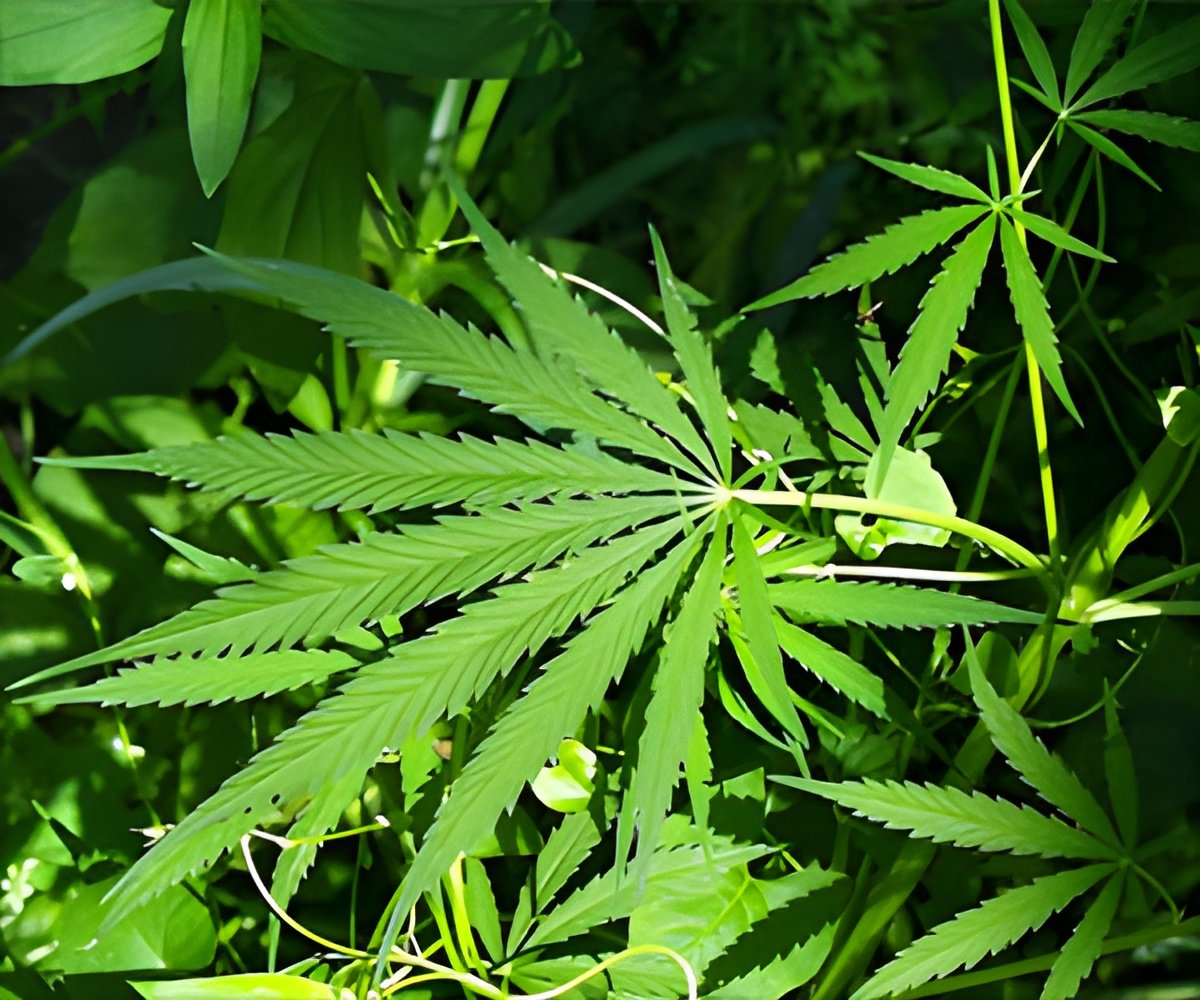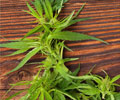Compared to heroin or morphine, the other fast-acting opioids, fentanyl was found to bind more tightly to opioid receptors in the brain.

‘When used with naloxone, the opioid, cannabidiol accelerated the drug’s effect, imposing the receptors to release opioids.
’





“Fentanyl-class compounds account for more than 80% of opioid overdose deaths, and these compounds aren’t going anywhere — it’s just too much of an economic temptation for dealers,” says Alex Straiker, Ph.D., the project’s co-principal investigator. “Given that naloxone is the only drug available to reverse overdoses, I think it makes sense to look at alternatives.” A new option could take one of two forms, according to Michael VanNieuwenhze, Ph.D., the other co-principal investigator for the project.
“Ideally, we would like to discover a more potent replacement for naloxone,” VanNieuwenhze says. “However, finding something that works synergistically with it, reducing the amount needed to treat an overdose, would also be a success.”
Jessica Gudorf, a graduate student in VanNieuwenhze’s group, is presenting the work at the meeting. All of the researchers are at Indiana University Bloomington.
What are Opioids?
Opioids are a class of compounds that are prescribed to treat pain and are sometimes sold illegally. If taken in excess, the drugs can interfere with breathing, making them potentially lethal. The U.S. Centers for Disease Control and Prevention estimates that more than half a million people died from overdoses involving opioids between 1999 and 2020. That toll continues to climb.Naloxone reverses an overdose by competing with the drug molecules for the same binding sites on the receptors. But because fentanyl binds so readily, it has a leg up on naloxone, and growing evidence suggests that reversing these kinds of overdoses may require multiple doses of the antidote.
Advertisement
Earlier research suggesting that CBD can interfere with opioid binding inspired the current effort. In research published in 2006, a group based in Germany concluded that CBD hampered opioid binding indirectly, by altering the shape of the receptor.
How Can Marijuana-Derived Compounds Help Reverse Opioid Overdoses?
To augment these effects, Gudorf altered CBD’s structure to generate derivatives. Taryn Bosquez-Berger, a graduate student in Straiker’s group, tested these new compounds in cells with a substance called DAMGO, an opioid used only in lab studies. To measure their success, she monitored a molecular signal that diminishes when this type of drug binds. Armed with feedback from these experiments, Gudorf refined the structures she generated.Advertisement
The team has since begun testing the most successful derivatives in mice. In these experiments, they are investigating whether these compounds alter behaviors associated with taking fentanyl.
“We hope our approach leads to the birth of new therapeutics, which, in the hands of emergency personnel, could save even more lives,” Bosquez-Berger says.
Source-Eurekalert













